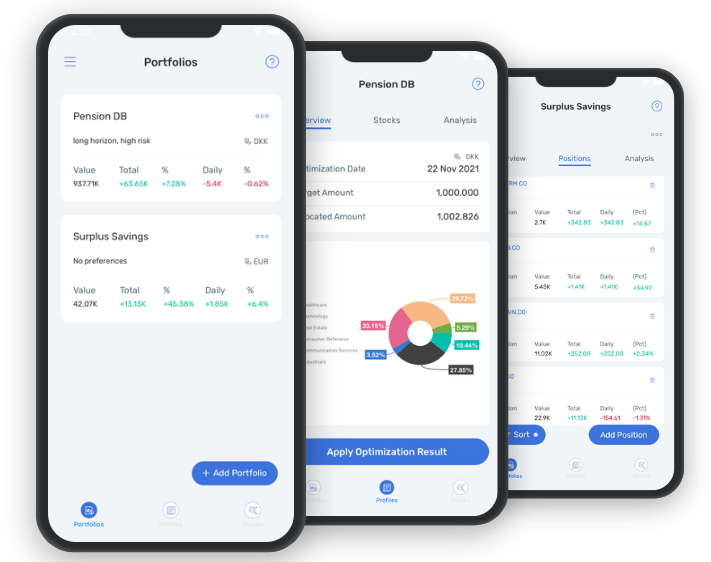What are shares and why should you invest in them?
If you start investing in shares, you are investing in a stake in a company. As a general rule, you can invest in shares from any industry, market or part of the world. It is important to be aware of the price of the share. In addition, you should also pay attention to the historical development of the price of the specific share.
Sudden price rises can be the result of:
- Positive company announcements, for example in the form of surprisingly positive financial reports.
- Positive news such as unexpected demand for a product
- Flight-to-quality; other stocks become less attractive and investors move their investment into that stock
The share price fluctuates according to the company's market rating and its future earnings prospects. In addition, it is important to remember that the share price is also influenced by society's attitude towards the company at the specific time.
If the price of your share in a particular company rises, i.e. becomes worth more money, you may choose to sell it. A good way to determine whether to sell a stock is to ask yourself "If I didn't own this stock, would I buy it at this price?" If you can answer no to this question, you should consider selling.
By selling your stock at a higher price than you bought it at, you can thereby realize your gain - that is, generate a profit. It's important to remember that if you keep the stock investment, you still have the gain, it's just not realized yet.
It is important to check the tax implications of realising a gain to avoid unpleasant surprises.
In other words, buying shares is a choice to support a company, at least indirectly. That is why it can be advantageous to invest in shares of companies or in markets that you personally consider important.
It is also important, when you choose to invest in shares, that you pay attention to how the company is performing in general. If a company historically fluctuates a lot in terms of performance, investing in it can be more risky - it can mean both higher returns and higher losses. Conversely, a company that is performing steadily may mean lower risk, but also reduced opportunity to earn larger amounts.
![[object Object]](/lib_RbTlSKWMcGXWAOju/d7vsszf64meg8doq.png?w=400)



